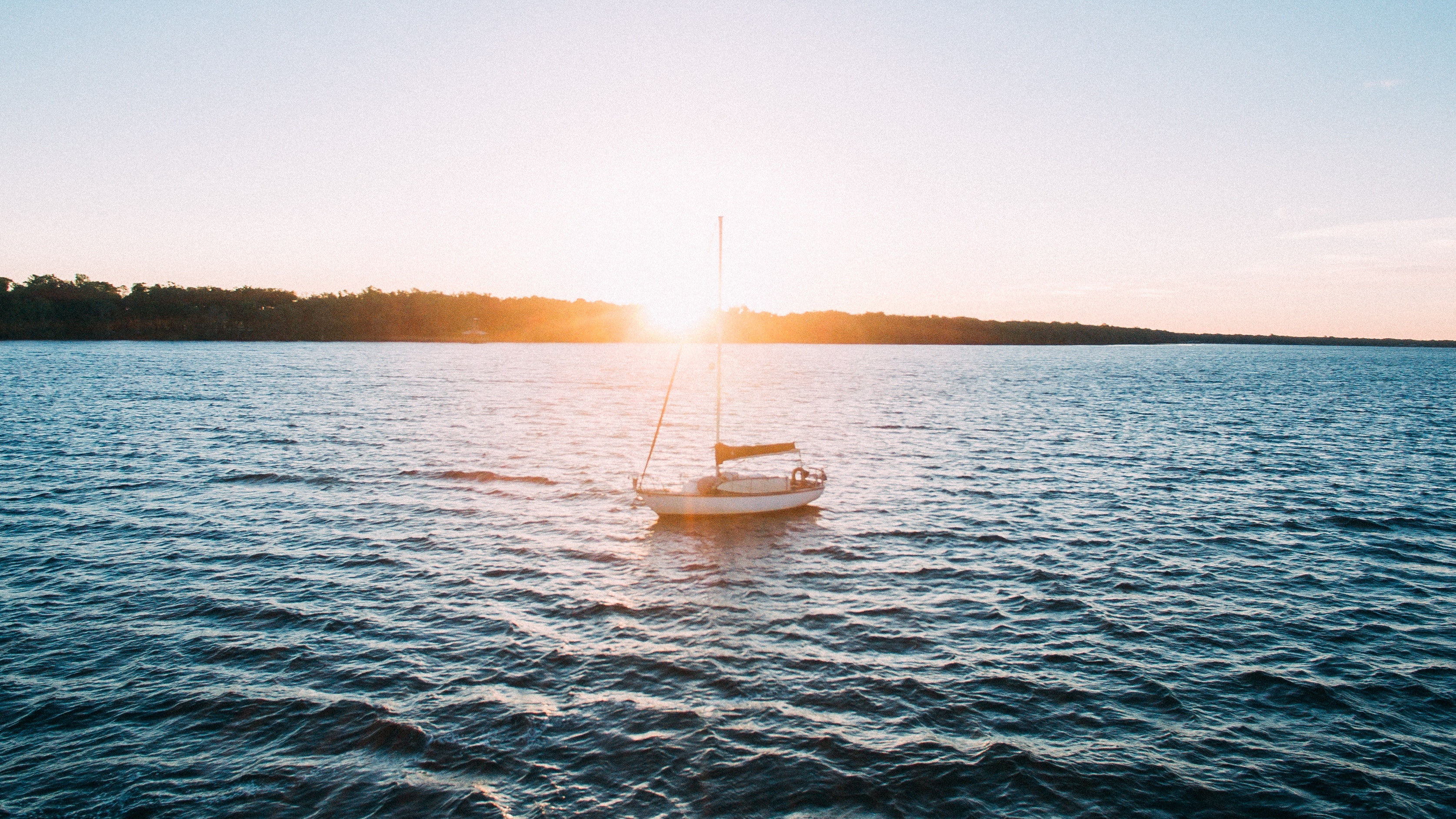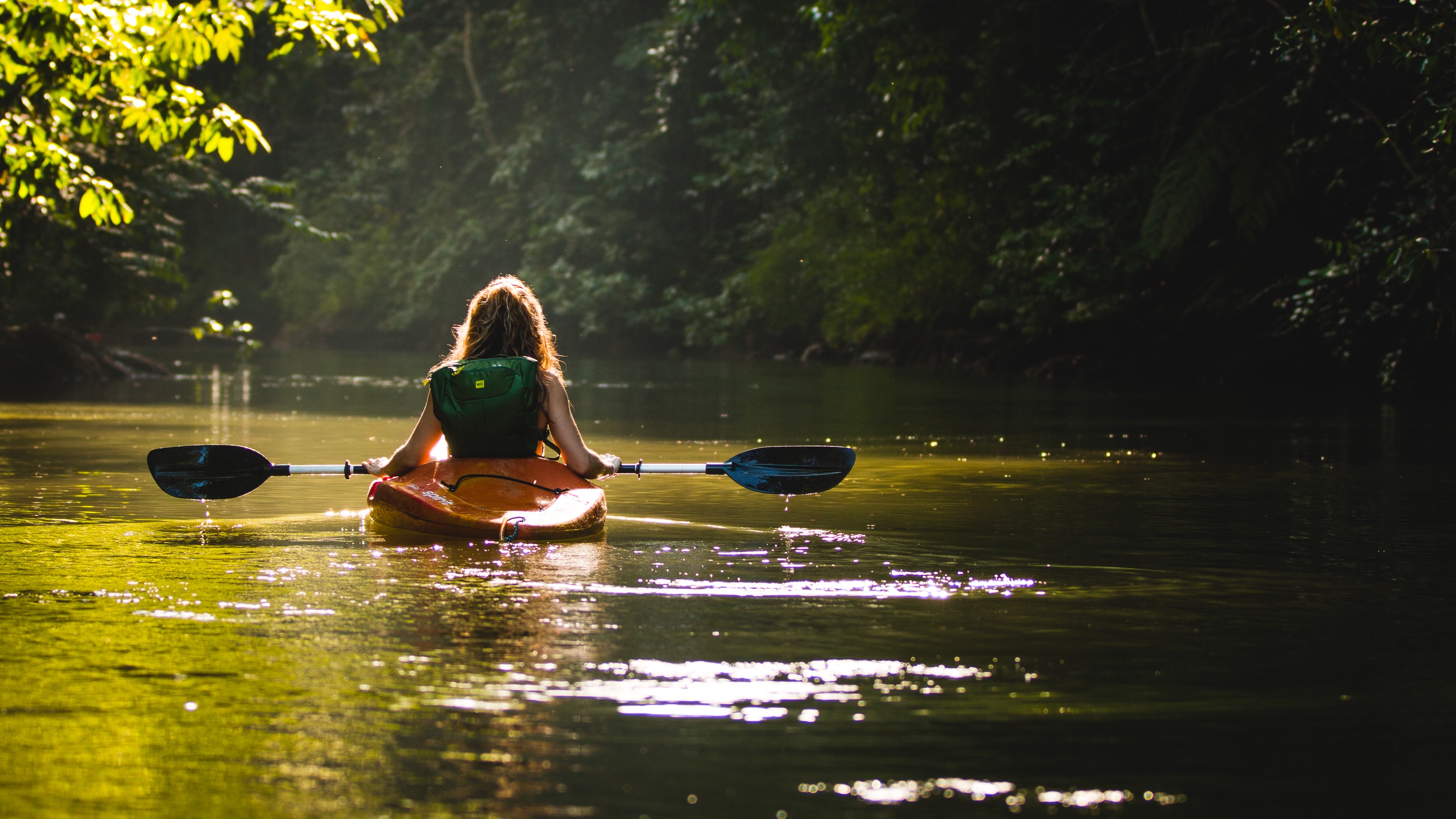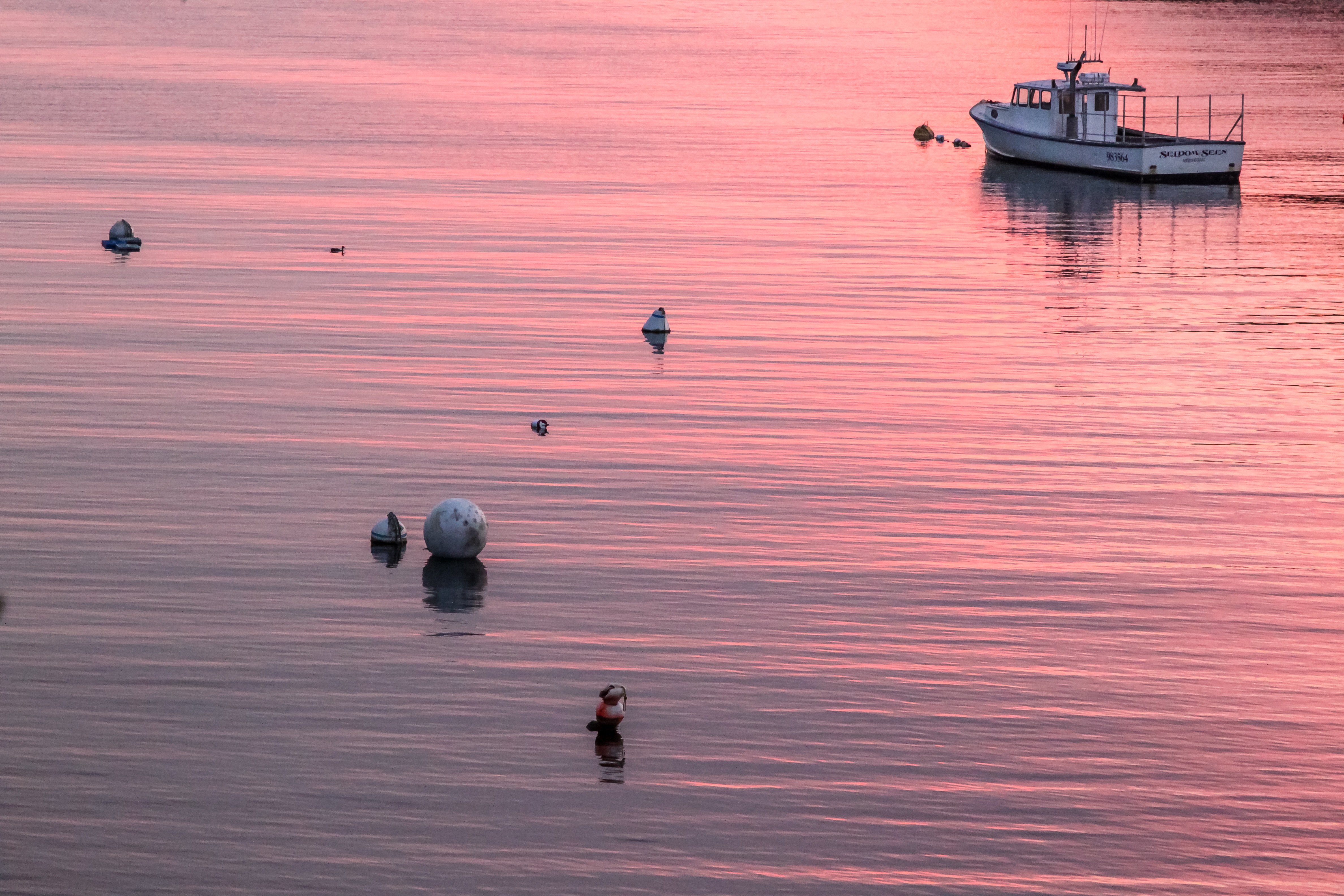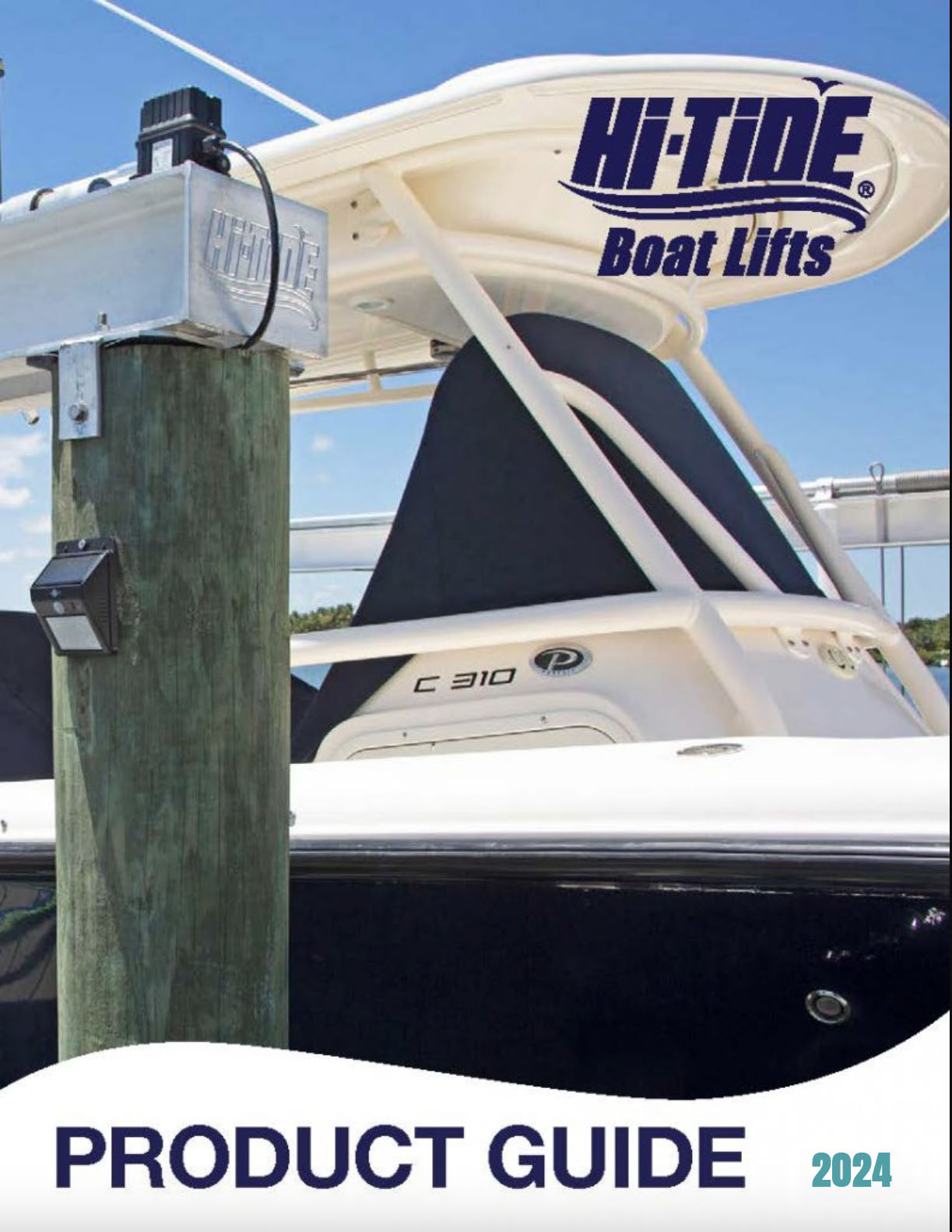There are a few rare creatures that are so wonderfully strange that they almost defy logic. Australia has the duck-billed platypus and Florida has the majestic sea cow. Though they may not be much to look at (no offense), manatees are nonetheless a highly protected, wholly unique resident of many of the Sunshine State’s waterways. Unfortunately, these docile, aquatic mammals are often at risk due to careless boaters. So, what manatee safety tips should you practice on your next trip? We have a few ideas that could protect you and those loveable sea cows.
Manatee Safety Tips
- Look for the Signs: Follow all posted signs and warnings, including low wake zones, speed limits and manatee zones.
- Keep an Eye Out: Manatees can be tough to spot. If possible, designate someone onboard to be the lookout while you maneuver your vessel.
- Avoid Seagrass: Manatees can often be found grazing in beds of seagrass, so avoiding these areas altogether can keep you from a potential collision.
- Look Before Starting Your Motor: If you cut your motor, be sure to check around your vessel before engaging your propeller, as manatees are known to investigate boats.
- Keep Your Trash to Yourself: Littering in our waterways can injure or even kill manatees and other wildlife. Keep your garbage onboard until you get back ashore and can dispose of it appropriately.
- Do Not Touch: As huggable as they may look, you must resist the urge to touch and directly interact with manatees. Feeding and petting manatees will lead to them growing too accustomed to human interaction. This may lead to them seeking out humans and getting hurt in the process.
- Report Injuries Immediately: In the unfortunate case that your vessel collides with or clips a manatee, do not panic. Immediately call the Florida Fish and Wildlife Conservation Commission at 1-888-404-FWCC (3922) and alert them to the location of the injured animal. Time is of the essence. https://www.youtube.com/watch?v=cZuKv8FRz-g
With low reproduction rates, manatee safety is important to keep in mind when enjoying Florida’s many wonderful waterways. Keep an eye out for these gentle giants and do your part to keep our waterways clean and safe for everyone we share them with.

Boating is often linked to an appreciation for the great outdoors. Many boaters and anglers happen to also be avid outdoorsmen and women who understand just how important our environment is to protecting our pastime. Though it’s morally right to protect the plants and animals we share the waterways with, it also helps ensure that our kids and grandkids can enjoy the water just as much as we have. That’s where eco-friendly boating techniques come in.
Though some of the more pessimistic out there may scoff and turn their noses up to anything with the “eco-friendly” label as just some kind of crunchy hippie buzzword without much substance, eco-friendly boating is something everyone can (and should) incorporate as responsible boaters. Here are a few easy ways you can start to protect our waterways for years to come.
Eco-Friendly Boating Tips Worth Remembering
- Motor Maintenance: Not only will a well-running motor save you money on gas, but it can also help keep you from spilling pollutants into our waterways. Oil and gasoline can be extremely harmful to the ecosystem, so ensuring your motor is tip-top and leak-free before hitting the water is a great idea.
- No Littering: One of the most frustrating and completely preventable environmental dangers boaters cause is littering. Tossing cans, plastic and other non-biodegradable materials into the water can harm or kill creatures along the entire food chain. Simply keep a garbage bag onboard and dispose of your trash responsibly, and have a zero-tolerance policy for litterbug boaters and passengers.
- Heed the Signs: Do your best to follow cautionary signs posted on your waterway, including low-wake zones and wildlife warnings. Ignoring these signs could destroy important seagrasses, oyster beds or even result in you injuring protected sea life.
- Ditch Diesel: Though diesel motors are still the standard for many boat companies, emerging electric or hybrid options could both reduce or eliminate your gas costs while also reducing the risks of pollution.
By keeping your motor tip-top, refusing to litter, watching for cautionary signs and finding an alternative to diesel-powered motors, you could safeguard our waterways for generations of boaters to come. Together, we can protect the plant and animal life that make our waterways so beautiful in the first place, all while still having fun on the water with these eco-friendly boating tips.

Most outdoors enthusiasts worth their salt understand that the ecosystem and the creatures that inhabit it are precious and vital. However, some lack respect for the forests and waterways that they visit and enjoy, actively damaging them by polluting, over-hunting/fishing, or otherwise disturbing the wildlife. That is where the Recovering America’s Wildlife Act comes in.
The Recovering America’s Wildlife Act was presented by The Blue Ribbon Panel on Sustaining America’s Diverse Fish and Wildlife Resources and backed by the Florida Fish and Wildlife Conservation Commission (FWC). But why is this act gaining so much support and what, exactly, is it supposed to do? According to Wink News, the act could help support the protection of Florida’s most vulnerable species to the tune of $50 million a year.
Another outspoken proponent of this act is the Alliance for America’s Fish & Wildlife, who believe the act will:
- Help support the industries surrounding fishing, boating and other outdoor recreational activities, protecting U.S. jobs and the economy.
- Breaking families, especially kids, away from the likes of social media, emails, video games and computer screens.
- Protecting more than 12,000 species of wildlife nationwide through the funding of effective conservation.
According to The National Wildlife Federation, more than 40% of freshwater fish species are at risk in North America and 70% of freshwater mussels are already extinct or imperiled. Through added support (such as this act) and awareness, we can do our part to make sure the waterways we love to boat and fish on are around for generations to come.
So, on your next trip on the water, make sure you collect all garbage, ensure your vessel isn’t leaking oil or gasoline and steer clear of wildlife and fragile ecosystems.

There is a menace lurking just under the surface of Texas watering holes across the Lone Star State. It’s not a killer great white, moray eels or even a rogue Loch Ness Monster. No, this creature is far scarier than any Scottish sea beast of legend. It can hitch a ride on your vessel without you ever noticing and infest every lake you may travel after. This monster is known as the zebra mussel.
Though small in size, this sea creature spreads like a virus, ruining ecosystems (and good fishing, along with it). The small creature is an invasive species, originating from Eurasia and only arriving in Texas around the late 1980s. But what is the big problem with this little mussel?
Unfortunately, like many similar creatures, the zebra mussel filters water for plankton. This would not ordinarily be a problem, but they reproduce and eat at such a rate that many of Texas’s native species simply can’t keep up. In other words, the zebra mussel is essentially eating other native species out of house and home. Additionally, they have been known to clog pipes and even kill native mussels.
With this in mind, what can you do as a Texas boater to curb the spread of this lake-dwelling monster?
- Clean Up Your Act: Boats that call contaminated waters home may need to be professionally cleaned to ensure that all signs of the creature have been completely removed from the vessel. If just visiting a contaminated lake, be sure to do a thorough cleaning of your vessel and trailer before hitting another body of water.
- Unplug: Be sure to completely drain livewells, ballasts, bilges and engine cooling water.
- Dry Off: If you allow your vessel to completely dry off before hitting another body of water, you reduce the risk of unintentionally contaminating other waterways.
With these three simple tips, you can help curb the spread of the zebra mussel invasion, saving your waterway from becoming a graveyard to many species of native fish and mussels. Part of boating and fishing is being conscious of the ecosystems we visit while on the water. Be safe, beware contaminated waters and, as always, have fun. If you want more information on zebra mussels and waterway protection, visit the Texas Park & Wildlife website, where we found the tips above. We’ll see you on the water.




